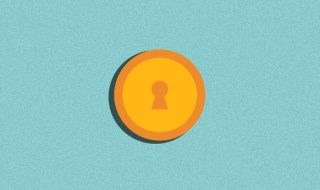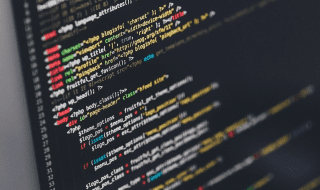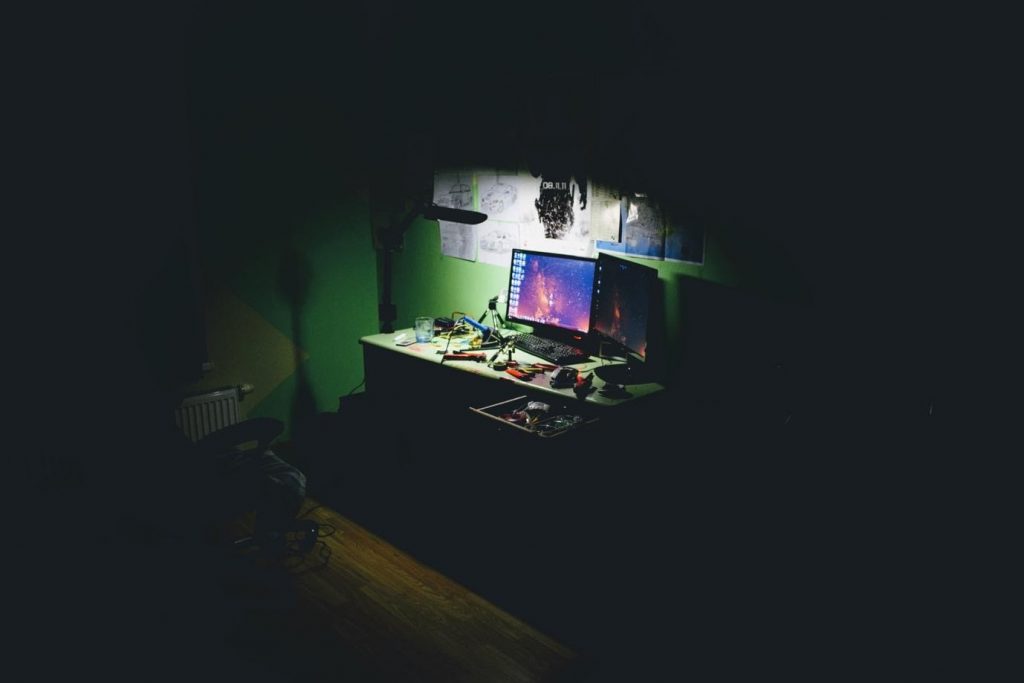
The dark web used to be a place for hackers, law enforcement agents, and all manner of cybercriminals, but in 2021 it’s possible for anyone to try it out. But should you?
Just because you’re able to access the dark web, doesn’t mean you should. Before you dive into the murky depths, you should brush up on the personal and legal risks of using the dark web.
In this post, we’re going to cover what the dark web is before discussing the personal and legal risks of using the platform. Take a look…
What is the Dark Web?
The dark web is essentially any online content that’s been encrypted so that it doesn’t turn up in conventional search engines. In fact, the dark web is a part of what’s known as the deep web, which mostly consists of private files hosted on Dropbox and other subscriber-only databases.
In order to access the dark web, you have to use a specific browser, such as the Tor browser. This browser anonymises your web traffic using the Tor network, making it easy to protect your identity online.
The privacy of the dark web, and the fact that it’s easier to get attention than on the surface web, has allowed it to gain a reputation as a haven for legal activities. While it has unfortunately been involved in criminal activity, many use the site to flee persecution.
Basically, you don’t have to be a criminal to use the dark web, but the dark web is used by a lot of criminals. Does this make the dark web dangerous and if so, what are the personal and legal risks?
What Are the Risks of Using the Dark Web?
With the dark web being closed off to governmental authorities, you’re going to get a mixture of good people hiding from corrupt governments and corrupt people hiding from good governments.
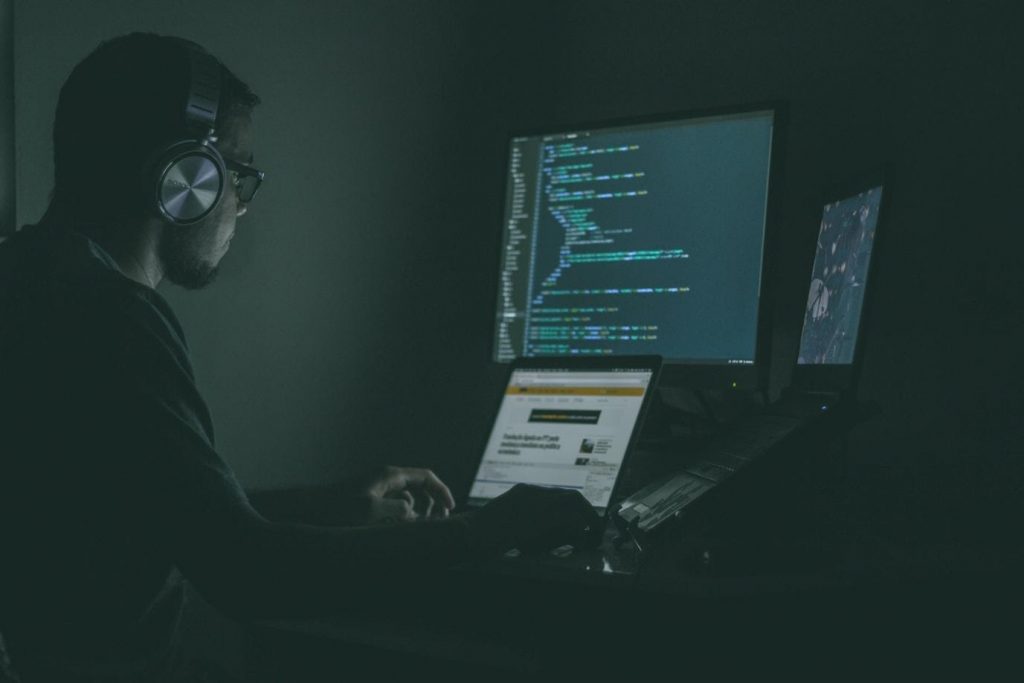
These corrupt individuals can commit anything, from data fraud to hiring a hitman using cryptocurrencies. They’ve been known to steal medical records, private photos, and financial information and post it on the dark web.
Using the dark web is not illegal, nor is using the Tor browser, but you can be involved in illegal actions that incriminate you. Accessing pirated content, sharing illegal pornography and engaging in cyber terrorism are a few ways you could get in trouble.
Even if you don’t engage in illegal activities yourself, you could end up on the wrong end of someone else’s actions in one of the following ways:
1. Malicious software
Malware is a big problem on the dark web. It lingers in lots of places and can infect unsuspecting users the same way it does on the surface web.
If you don’t know where to go once you get on the dark web, you could be exposed to malware such as:
- Botnet malware
- Ransomware
- Phishing malware
- Keyloggers
Most of this malware can be caught by your endpoint security programs before they do too much damage, but this isn’t always the case. You should definitely make sure you have up-to-date security from a major provider if you decide to go on the dark web.
Also, even though anonymity is powerful with Tor and the dark web, any online activity could leave breadcrumbs that someone could use to identify you in real life.
2. Government monitoring
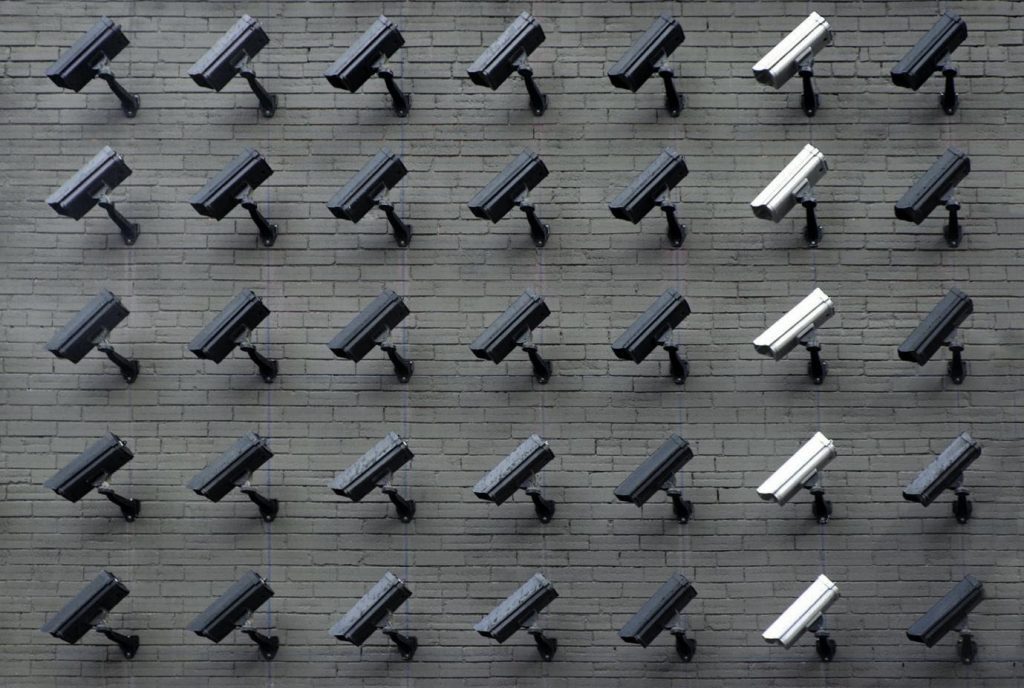
Even though Tor and the dark web aren’t strictly illegal, police authorities across the world are still on there looking out for illegal activity.
Illegal drug marketplaces, like the Silk Road, have been under police surveillance in the past. Just because you’re not doing anything incriminating now, if your identity is discovered these authorities could decide to monitor you.
In some countries, evading government authorities to explore new political ideas can be an imprisonable offence. China uses something called the ‘Great Firewall’ to block its citizens’ access to popular sites and, if found on the dark web, the government could imprison them.
3. Scams
Many of the illegal activities on the dark web are actually ways for people to take your money. You could pay for pirated content and find yourself with an empty bank account.
Even if they don’t take your money, any personal details you enter to make a payment on the dark web could be used to steal your identity or extort you out of your money. Millions of peoples personal information data is illegally added to the dark web each year, leading to identity theft and much worse. Which begs the question, is your data on the dark web?
Examples of Dark Web Crimes
To give you an idea of the kinds of dangerous crimes that are committed on the dark web – both so you can avoid being involved in them and becoming a victim of them – here’s a handy list to peruse before you take the plunge:
- Murder for hire: avoid the site Besa Mafia and others like it if you don’t want to be involved in contract killings.
- Blackmail/extortion: even if the scammer isn’t able to access your identity, they could still claim they have access to it, or to incriminating photos of you doing something you shouldn’t, to blackmail you.
- Illegal drug sales: there are lots of illegal marketplaces that sell drugs on the dark web, but the Silk Road is the most famous – stay away if you don’t want to run the risk of government monitoring.
- Illegal arms sales: same as the above; avoid any marketplaces known for selling illegal weapons
Want to Take the Risk?
In this post, we’ve covered what the dark web is, how it’s used by criminals, how they might target you once you’re on there, and some of the crimes the network is known for.
Now that you know the basics of how dangerous the dark web can be, the only way to find out more is to try it for yourself. Remember to be careful, don’t share any personal details whilst you’re on there, and install decent end-point security to protect you from malware.

